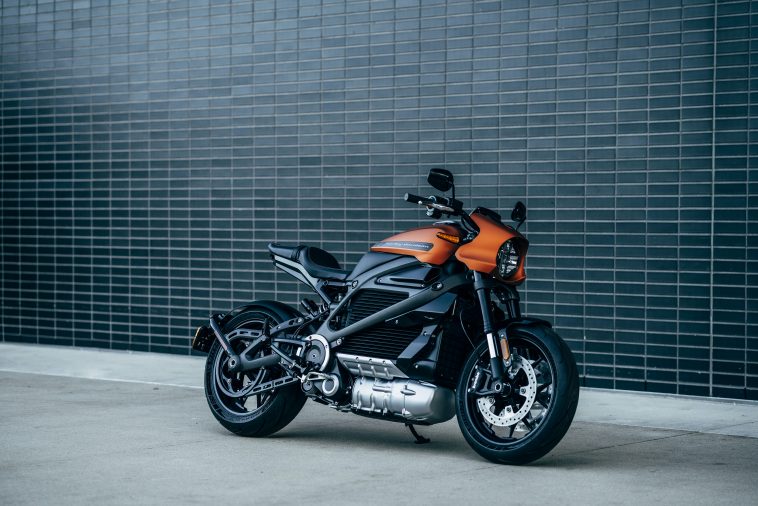In response to rising fuel prices, Uber has introduced electric motorbikes in Kenya, initially available only in Nairobi. Uber has unveiled an electric motorbike named “One Electric” for the Kenyan market.
This introduction is pivotal as the global automotive sector is shifting towards electric vehicles, with nations like the U.K. intending to eliminate vehicles powered by internal combustion engines. This announcement is Uber’s third significant product introduction in Kenya this year, preceded by the launch of an audio recording feature for safety and the incorporation of M-PESA into its payment methods.
Frans Hiemstra, the director and regional general manager for Uber in the Middle East and Africa, emphasized the company’s commitment to sustainable practices. He mentioned that introducing the Electric Boda on their platform showcases their dedication to offering an emissions-free transportation option in Kenya. This move also aligns with Uber’s global ambition to achieve a zero-emissions platform by 2040.
These electric motorbikes, which have a range of 80 kilometers, aren’t owned by Uber. Instead, they are managed by Greenwheels Africa, a company specializing in the electrification of motorbikes. Greenwheels Africa will handle all aspects related to the bikes, including maintenance and charging. Imran Manji, the head of Uber in East Africa, informed TechCabal that Greenwheels currently has a limited number of charging stations in Kenya, but there are plans to expand this to ten by year’s end.
Motorcyclists won’t charge the bikes themselves. Instead, they’ll swap drained batteries for fully charged ones at Greenwheels Africa’s stations. The cost for the batteries will be based on usage. For instance, if a rider exchanges a battery with a 40% charge left, they’ll only be billed for the remaining 60% at the station.
While riders won’t own these electric bikes, there are plans to sell them to other Kenyans. Through a collaborative agreement involving Greenwheels, Uber, and the riders, Greenwheels will lease the bikes for Uber’s services. These electric bikes will supplement Uber’s existing fuel-powered motorbike service, potentially at a reduced price of up to 20%. Imran Manji stated that this initiative aims to support the transition to environmentally friendly transportation options and to back national sustainability goals. Introducing the Electric Boda will offer Kenyans a cost-effective transportation method with 15-20% lower rates than their current product.
These bikes will now be available in select Nairobi regions, with plans to expand to other Kenyan cities. There’s no word yet on Uber introducing this service in other African countries.
Kenya is addressing pollution concerns by initiating the National Electric Mobility Plan, which aligns with the National Energy Efficiency and Conservation Strategy (2020-2025). This strategy avoids the need for legislative approval for tax breaks on electric vehicle imports by 2024. The plan’s primary goals include the introduction of an automotive industry charter, offering green driving education, and implementing sustainable road traffic management.
High fuel prices in Kenya have increased costs for residents, businesses, and transportation, affecting economic activities and the cost of living. However, the government reintroduced a fuel subsidy to maintain stable fuel prices. As a result, the prices for petrol, diesel, and kerosene remained consistent at KES 194 ($1.34), KES 179 ($1.23), and KES 169 ($1.16) respectively in Nairobi.
Uber states that introducing electric motorbikes could lead to a 30-35% reduction in operational costs. According to the World Bank, the Bodaboda sector, employing over 1.5 million young people in Kenya, adds approximately KES 202 billion ($1.4 billion) to the nation’s economy annually.





